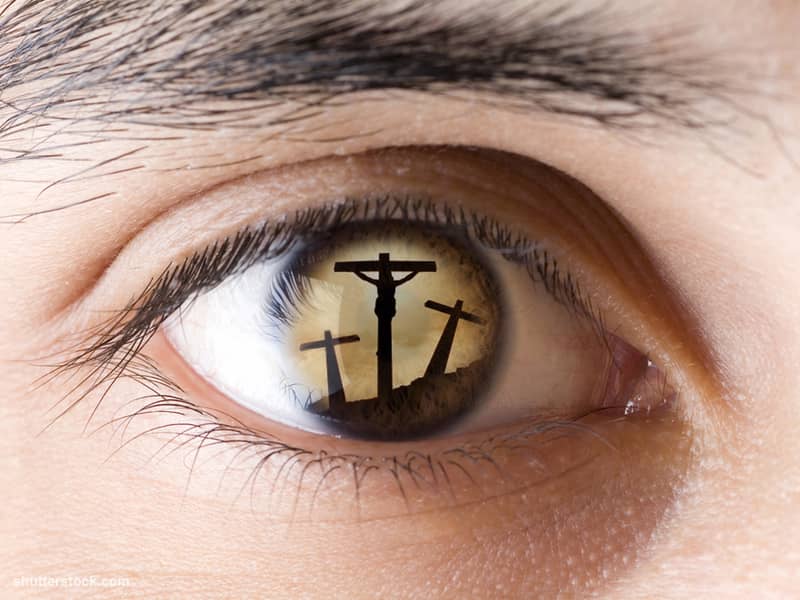In your introduction, you say you tried to select writings that reflect "heart of John Paul II"--the ideas you believe will be his legacy. What are the primary ones?
I think readers seeking a greater intimacy with the written legacy of John Paul II will find the Encyclical Letter Evangelium vitae (The Gospel of Life) to be a great starting place in understanding this pope. Also, the Encyclical Fides et ratio (Faith and Reason) is a profoundly moving work. Much that John Paul holds central can be found in both of these documents. Also, his Letter to Artists is a beautiful statement on the creative arts and spirituality. John Paul has also written frequently about the need for a "new evangelization" to sweep the world. This can be found in numerous writings and speeches.
In these writings, the Holy Father touches on most difficult contemporary issues: the environment, drug addiction, technology, consumerism, bioengineering, etc. Which troubling issues seem most pressing to him?
I think the most important issue for John Paul II is the dignity and sacredness of the human person. This is an understanding that life begins at conception. Also, the Holy Father sees no circumstance in which capital punishment is the right response.
In America--and especially since 9/11--there's been much talk of freedom. What is the Holy Father's understanding of freedom, and how does it differ from the American understanding?
Freedom in Christ means being free to be a person for others. Freedom in America all too often can mean being free to do whatever you want as long as you don't hurt anybody. These are very different understandings of the concept of freedom.
Based on your study of his writings, how would you characterize the pope's attitude towards non-Christian religions?
The Pope has met with religious leaders from around the world. In Assisi, he prayed with the heads of many churches. He's apologized, he's reached out, and he's sought healing in his travels and writings. I think his record stands for itself.
What should "spiritual seekers"--people who are perhaps disaffected with organized religion--know about John Paul II that is not widely realized?
He's a poet, he's a playwright, and he's an artist. He writes with great sensitivity about the spiritual walk. He's a wonderful pastor, he's deeply prayerful. As large as he may be due to all the extraordinary press coverage he's received these 25 years, he's even more interesting and there's so much more to him once you begin to study him.
What does the Holy Father see as the greatest threat to the world today? In one section of the book, he speaks harshly of secularism and relativism.
The greatest threat in the world today is the indifference to the religious concerns of people everywhere. This is why the Pope so frequently calls for a "new evangelization."
Where does he see the greatest signs of hope?
The Pope sees the great work of the Holy Spirit in the world today--alive and active in ways we can sometimes sense and in ways beyond our comprehension.

